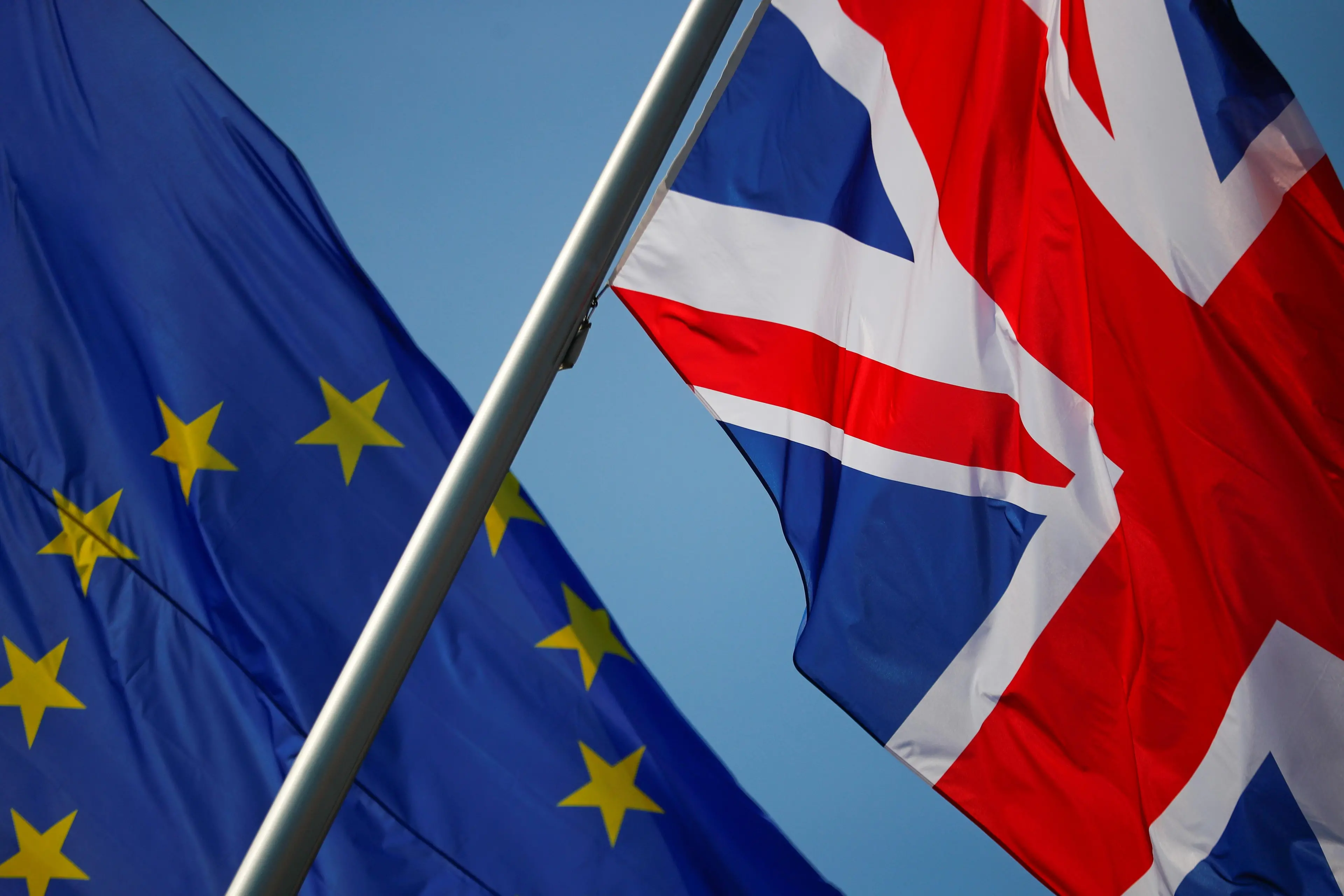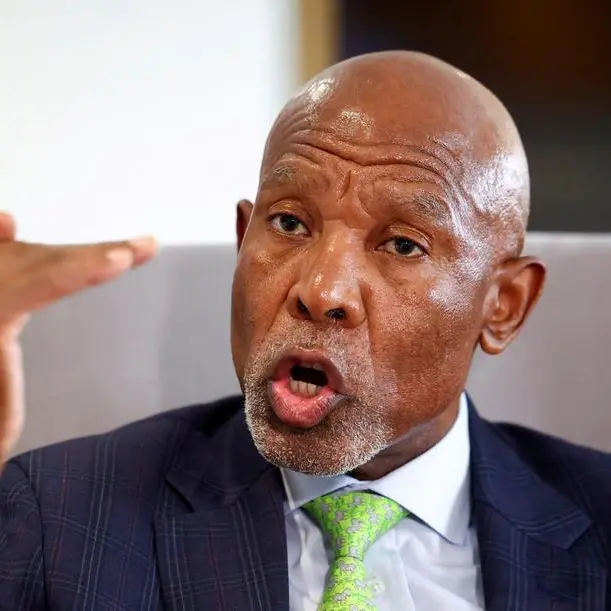PHOTO
(The author is a Reuters Breakingviews columnist. The opinions expressed are her own.)
LONDON - Northern Ireland’s Brexit dividend is under threat. British leaders have recently raised doubts about border arrangements they agreed as part of the country’s departure from the European Union last year. Undermining the mechanism that gives Northern Ireland access to both EU and UK markets could quash its Brexit boom before it gets off the ground.
UK minister David Frost reckons the so-called Northern Ireland Protocol, which requires checks on goods arriving from Britain into Northern Ireland, may not be “sustainable for long”. Frost, who led the UK negotiations on the Brexit deal, on Monday blamed excessive documentation requirements on agricultural goods for a “chilling effect” on British businesses trading with Northern Ireland. Delays at ports have already led to bare grocery shelves and enraged pro-British citizens in the region.
Northern Ireland relies heavily on the British market. Trade between the two amounted to around 26 billion pounds in 2018, the most recent year for which data is available, according to the Northern Ireland Statistics and Research Agency. However, the UK has few credible alternatives. Reneging on the Protocol would breach an international trade agreement. Besides, the current arrangement exists because both Britain and the EU rejected the alternative option, which was to impose border checks on trade between Northern Ireland and the Republic of Ireland.
The latest tensions obscure the potential benefits for the region. To avoid creating a land border, the Protocol keeps Northern Ireland in the EU’s single market for goods and farm products. That makes it a unique location for companies seeking to sell their goods in both the EU and UK.
The stakes are high. Over the past decade Northern Ireland has lagged behind the rest of Great Britain. The region enjoyed economic growth of around 2% to 3% a year before the 2008 financial crisis. But its dependence on public sector spending meant austerity hit particularly hard. The government spends about 12,000 pounds per person in the region, 21% more than the UK average. Growth slowed to 1% in 2019.
Northern Ireland is currently home to 1,100 foreign companies, and some new firms were seeking to set up a base there in recent months. But doubts about the legal mechanism that offers access to two markets may put off prospective investors. The Brexit bonus is in doubt.
CONTEXT NEWS
- British minister David Frost said on May 17 that he underestimated the impact of Brexit and new border controls between Northern Ireland and Great Britain. Speaking to a parliamentary committee, he said they had a greater “chilling effect” on British businesses.
- Britain’s post-Brexit deal on Northern Ireland will not be “sustainable for long” if it continues to create trade frictions, Frost said on May 11.
- Frost argued that the Northern Ireland Protocol, which requires goods coming from Great Britain into Northern Ireland to be subject to European Union customs checks, is still creating challenges for businesses.
(The author is a Reuters Breakingviews columnist. The opinions expressed are her own.)
(SIGN UP FOR BREAKINGVIEWS EMAIL ALERTS http://bit.ly/BVsubscribe | Editing by Peter Thal Larsen and Oliver Taslic) ((Aimee.Donnellan@thomsonreuters.com; Reuters Messaging: Aimee.Donnellan.thomsonreuters.com@reuters.net))





















